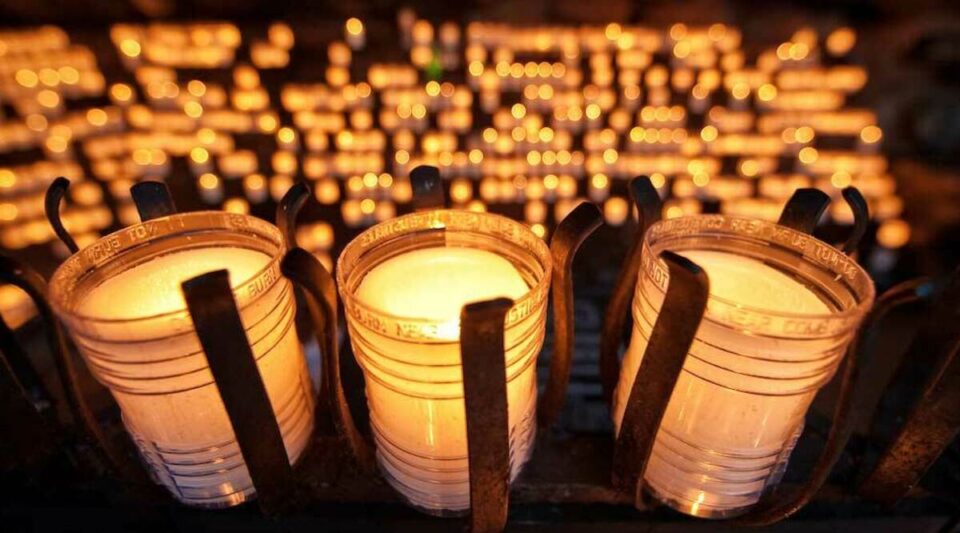Jeffrey Kantor, professor of chemical and biomolecular engineering, former associate provost, vice president for graduate studies and research, and dean of the Graduate School at the University of Notre Dame, died unexpectedly on July 12 at his home in Rainy Lake, Minnesota. He was 69.
“Jeff was a wise counsel to me when I was chair,” said Edward Maginn, the Keough-Hesburgh Professor of Engineering.
“When I had to make tough decisions, I often sought his advice. Jeff was a great person, scholar, teacher and friend.”

Kantor joined the Notre Dame faculty in 1981 after earning a bachelor’s degree in chemical engineering from the University of Minnesota and a doctorate from Princeton University. He was named a lifetime fellow of the American Association for the Advancement of Science in 2004.
In his research, he was an early proponent of using real-time modeling, enabled by advances in computing power, to provide better control of chemical processes. The outstanding merit of his work was recognized with a prestigious NSF Presidential Young Investigator Award (1984) and the Camille and Henry Dreyfus Teacher-Scholar Award (1985).
After building a successful research program, Kantor took on administrative duties. In 1995, he served as department chair and was appointed vice president and associate provost the following year. In this role, he established the University’s web administration office and became the University’s first chief information officer. In 2001, he was appointed dean of the Graduate School and vice president of research, positions he held jointly for five years.
“Jeff would look at any situation, process or procedure and ask if there was a better idea or a path to a better way,” said Mark McCready, professor of chemical and biomolecular engineering and senior associate dean for research and faculty affairs.
After leaving his administrative roles, Kantor returned to his department where he devoted himself to teaching. He revitalized his department’s control course, developed a new class on plant operations and helped improve lab instruction.
A broad range of community and academic organizations benefited from Kantor’s considerable talents. He served as treasurer for the National GEM Consortium, board member for Innovation Park at Notre Dame and chair at the Madison Center. He was an avid amateur photographer and contributed his spectacular photography of northern landscapes and the night sky to the Voyageurs Conservancy.
“Jeff filled the room with energy, enthusiasm, kindness and compassion,” said Alexander Dowling, associate professor of chemical and biomolecular engineering. “He was, above all, an exemplary role model for being a great person.”
Kantor is survived by his wife, Diane Bradley-Kantor, as well as two sons and one grandchild. A memorial service is planned at a date to be announced.
— Karla Cruise, College of Engineering
